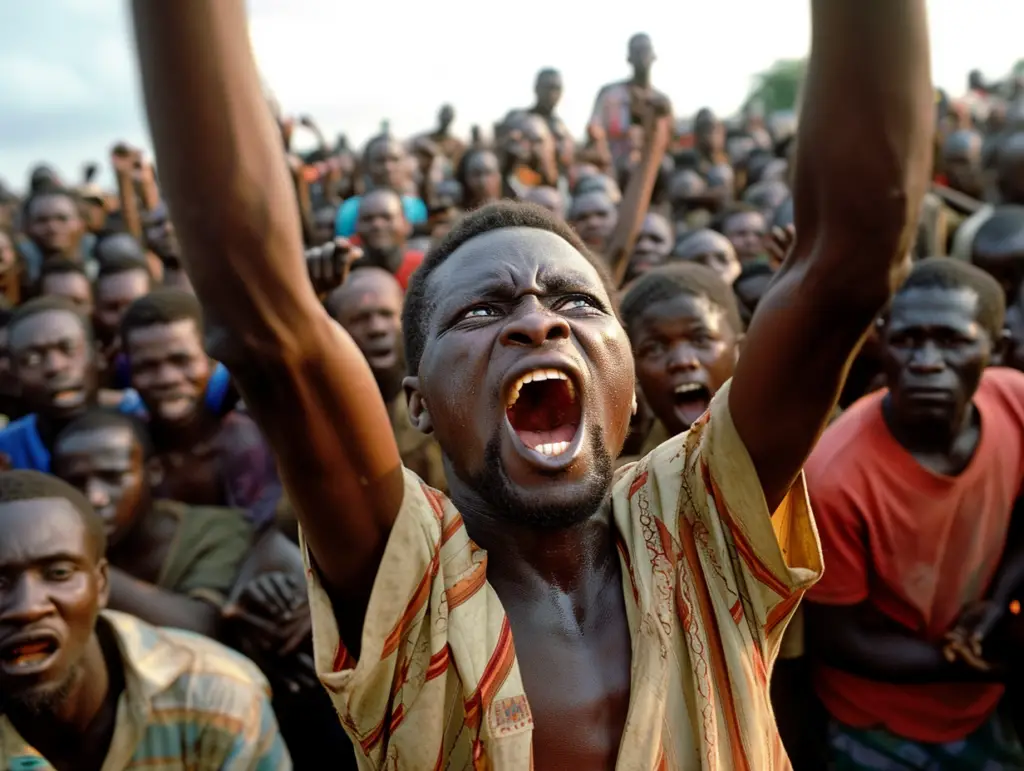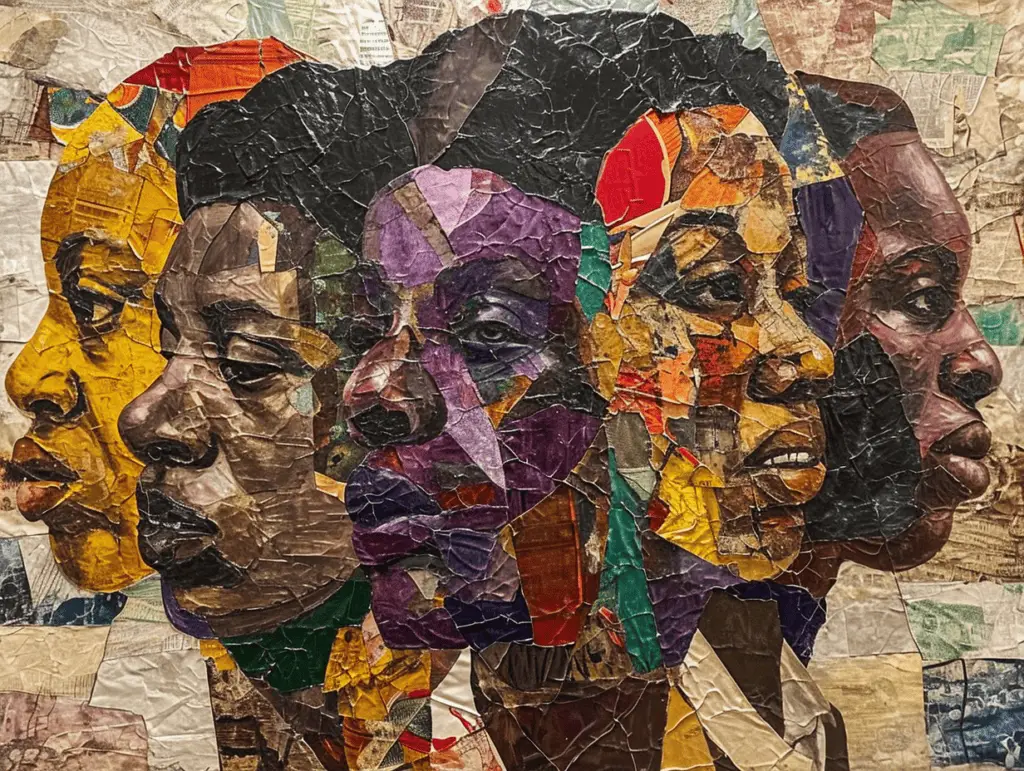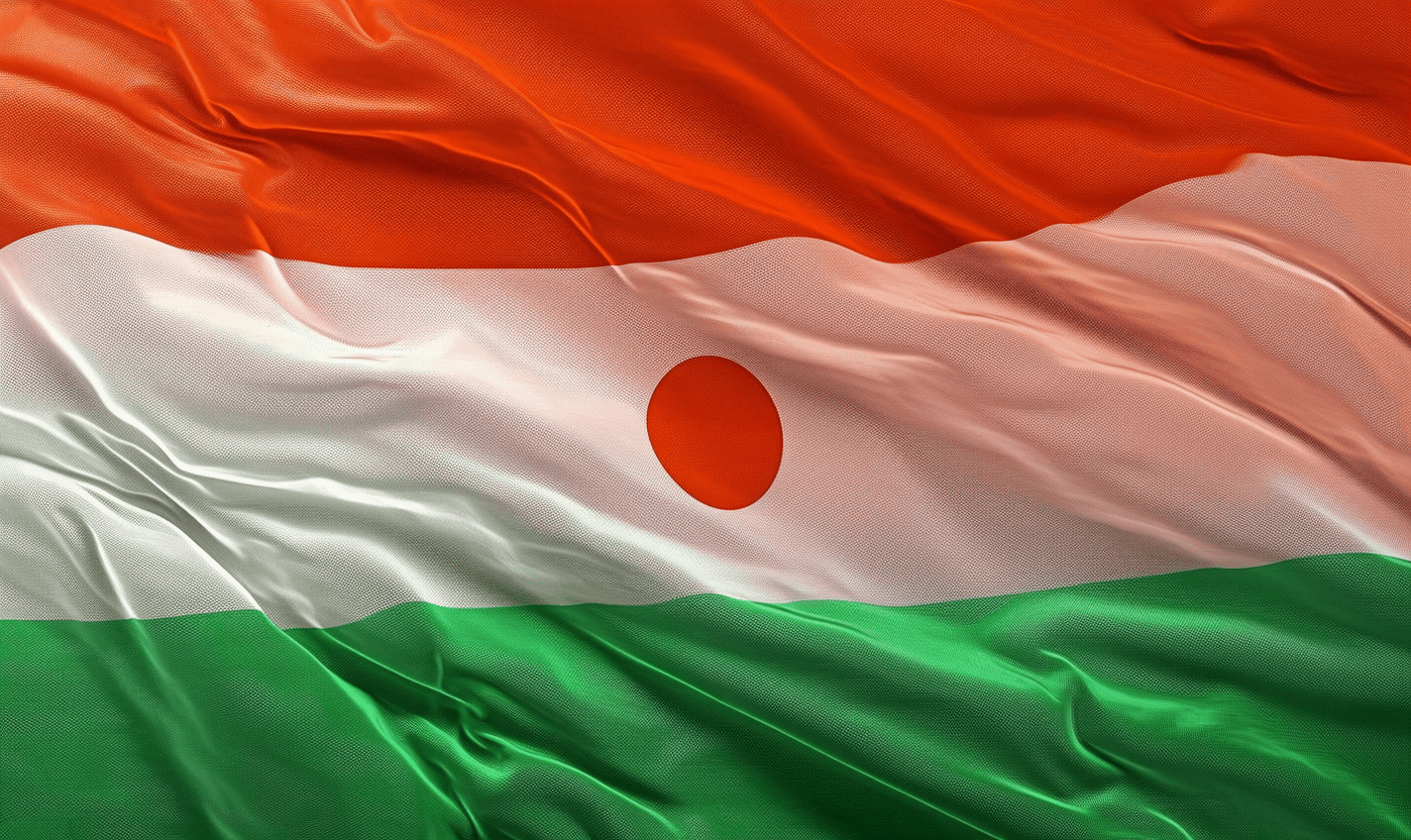In July 2023 a military junta ousted President of Niger Mohamed Bazoum, a member of the Nigerien Party for Democracy and Socialism. This coup was influenced by escalating anti-French sentiment, economic difficulties, and political tensions. This led to France’s military withdrawal and Niger’s realignment towards Russia, amid rising insurgent threats from Al Qaeda and Islamic State. Bazoum’s predecessor Issoufou, economic difficulties, ECOWAS sanctions, and the junta’s combination of military leaders and civilians are significant. This reflects broader anti-imperialist sentiments and concerns for civilian governance and democracy in West Africa.
Recent events in Niger have been marked by significant political and military upheaval. Here’s a summary of the key developments:
- Military Coup and Change in Leadership: In July 2023, Niger experienced a military coup. The country’s president, Mohamed Bazoum, was overthrown and has been under house arrest since then (source).
- Expulsion of French Troops and Deterioration of Relations with France: Following the coup, Niger’s military government demanded the withdrawal of French troops, ending over a decade of French military presence in the country. This move was part of a broader shift in the Sahel region, where French forces have been asked to leave Mali and Burkina Faso as well (source).
- Severed Security Pacts and Pivot Toward Russia: The Nigerien junta severed security pacts with the European Union and has shown a tendency to forge closer ties with Russia, following a pattern seen in other African countries that have experienced military takeovers (source).
- Recognition by West African Leaders and Sanctions: The Economic Community of West African States (ECOWAS) has officially recognized Niger’s military junta but continues to maintain sanctions. The regional bloc is pressing for a shorter transition period to civilian rule than the three years proposed by the junta. ECOWAS is also demanding the immediate and unconditional release of the deposed President Bazoum (source).
- U.S. Stance and Military Presence: The United States, which has had a significant military presence in Niger, mainly for counterterrorism operations, is considering resuming its partnership with Niger. However, this resumption is contingent on the junta’s commitment to restoring democracy and a transition to civilian rule (source).
These developments reflect a broader trend of military takeovers in West Africa and shifts in international alliances, particularly the growing influence of Russia in the region and the reduction of Western (particularly French) military involvement. The situation remains fluid, with ongoing diplomatic efforts to stabilize the region and restore democratic governance.

Mohamed Bazoum, a democratically elected president?
Mohamed Bazoum was democratically elected as the President of Niger. His election took place in February 2021 following a two-round presidential vote. Bazoum, a member of the Nigerien Party for Democracy and Socialism (PNDS-Tarayya), succeeded Mahamadou Issoufou, who stepped down after serving two terms, respecting the constitutional limit on presidential terms.
Bazoum’s election was seen as a significant event in Niger’s political history, marking the first democratic transition of power between two legitimately elected presidents since Niger gained independence in 1960.
However, his presidency was marked by challenges, including security issues due to insurgent activities in the region and internal political tensions. The military coup in July 2023 that led to his overthrow and subsequent house arrest was a major setback for the democratic process in Niger.
What was the sentiment around Mohamed Bazoum that led to the coup?
The sentiment around President Mohamed Bazoum that contributed to the coup in Niger is multifaceted, involving a mix of internal political tensions, security challenges, and broader regional dynamics:
- Security Challenges: Bazoum’s presidency was marred by significant security challenges. Niger, like many of its Sahel neighbours, has been struggling with insurgent activities, particularly from groups linked to Al Qaeda and Islamic State. These groups have caused widespread violence and instability, significantly affecting the government’s ability to maintain control and provide security.
- Political Tensions: Bazoum’s election itself was contentious. His victory was disputed by the opposition, which claimed electoral fraud. This contention may have contributed to internal political instability and dissatisfaction with his regime.
- Economic Struggles: Niger, one of the world’s poorest countries, faces numerous economic challenges, including high rates of poverty and unemployment. The inability to effectively address these economic issues can often lead to public discontent with the government.
- Regional Coups and Anti-French Sentiment: The period leading up to and following Bazoum’s presidency saw a wave of military coups in the Sahel region, including in Mali and Burkina Faso. These coups were partly driven by growing anti-French sentiment in the region. France’s military presence, initially welcomed as a stabilizing force, increasingly became viewed as a neo-colonial interference. The sentiment in Niger could have been influenced by these regional dynamics.
- Dissatisfaction with Government Policies: There might have been dissatisfaction with specific policies or approaches of the Bazoum administration, although detailed information on this is not as prominently reported.
It’s important to note that coups often result from complex and interrelated factors rather than a single issue. In Niger’s case, the combination of security issues, political discontent, economic struggles, and regional dynamics likely contributed to the environment that led to the military coup.
What’s the leadership in Niger now?
As of the latest information available, following the coup in July 2023, Niger is under the control of a military junta. This junta overthrew the democratically elected President Mohamed Bazoum. The leadership of the junta and the exact composition of the government following the coup may be subject to change, as such situations are often fluid.
The junta, upon seizing power, would typically establish a transitional government. This government often includes military leaders and sometimes civilians, tasked with managing the country’s affairs until a new civilian government is established. However, the specifics of such arrangements, including the timeline for a return to civilian rule and the extent of civilian participation in the interim government, can vary widely.
As of the latest reports, there were ongoing negotiations and discussions involving regional bodies like the Economic Community of West African States (ECOWAS) regarding the political future of Niger, including the duration of the transitional period and the conditions for lifting sanctions imposed in response to the coup.

Projections for the Future of Democracy in Niger
The recent coup in Niger and its implications for the future of democracy in the country have drawn varied analyses from experts. Here are some key interpretations and projections:
- Challenges to Democracy in West Africa: Experts at Chatham House highlight that the coup in Niger poses a significant challenge to democracy not just in Niger but across West Africa. The region has witnessed multiple coups in recent years, and the hard-won democratic progress is under threat. The coup leaders in Niger have so far refused to engage with international bodies like ECOWAS, the AU, or the UN, and have resisted international condemnation and sanctions. This situation raises concerns about the erosion of democracy in the region (source).
- External Influences and Regional Dynamics: The Foreign Policy Research Institute points out the increasing influence of Russia in Francophone Africa, contrasting with the decline of French influence. This shift is fueled by decades of socio-economic stagnation and anti-French sentiment. Many Africans perceive Russia as a more reliable ally, contributing to the growing popularity of non-democratic alternatives and pan-Africanist, anti-imperialist ideologies among both civilians and military personnel. The situation in Niger is reflective of these broader regional dynamics (source).
- ECOWAS and Regional Stability: The decision by ECOWAS to potentially use military force in Niger to restore democracy is seen as a double-edged sword. While it could reaffirm commitment to democratic governance, it also risks further destabilization and division within the regional bloc. There are conflicting groups within ECOWAS, with some members favouring a pro-Western stance and others aligning with pro-Russian, pan-Africanist perspectives. The outcome of this intervention could significantly impact the region’s stability (source).
- Root Causes of Coups and Governance Failures: The United States Institute of Peace notes that military coups, including the one in Niger, often root in governance failures to meet the needs of their people. The coup in Niger, like others in the region, started under the pretext of addressing poor security but has broader implications for governance and stability. The international community’s response to these crises needs to focus beyond traditional security assistance and address the underlying causes of instability and extremism (source).
In summary, the future of democracy in Niger is uncertain and is heavily influenced by regional political dynamics, external influences (especially the growing Russian presence), and the effectiveness of international and regional responses to governance challenges and coup trends. The situation remains fluid, with the potential for significant changes based on how regional and international actors navigate these complex issues.


